Job Opportunities in France
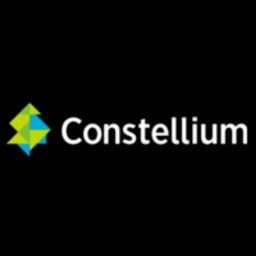
September 21, 2024
Constellium
Voreppe
OTHER
Internship - R&D Engineer - Evaluation of the Forming Limit Curve of an aluminium alloy - H/F
C-TEC RECRUTE
INTERNSHIP - R&D ENGINEER F/H/X
Constellium is a global leader designing and manufacturing innovative and high value-added aluminum products and solutions for a broad range of applications dedicated primarily to aerospace, automotive and packaging markets. Constellium Technology Center (C-TEC) based in Grenoble (Voreppe - 38) is Constellium’ s European research center with 246 employees and 20 nationalities.
Evaluation of the Forming Limit Curve of an aluminium alloy from texture analysis, crystal plasticity computation and Marciniak-Kuczynski test configuration
Keywords: crystal plasticity, MK model, forming limit curve, formability, damask simulations, aluminium alloys
Due to its low density, aluminium (Al) is a key material for sustainability as it allows lightweighting. However, 5xxx and 6xxx aluminium alloys families suffer from lower formability ability than steels which limits their use for complex part designs. Improving the ductility of our Automotive Body Sheet (ABS) aluminium alloys is a major challenge. The latter depends on microstructural parameters (such as elements in solid solution, intermetallic particles, grain orientation). Constellium recently developed a tool to predict the impact of crystallographic texture on formability. Thanks to texture measurements and crystal plasticity simulations using the Damask open-source software, some formability parameters can be evaluated (bendability, anisotropy). However, an important brick is still missing: the prediction of the full forming limit curve (FLC) from the texture measurements. This internship offers the opportunity to develop the latter. The Marciniak-Kuszynski (M-K) model has been selected as a frame to determine the FLC, crystal plasticity model will have to satisfy requirements and boundary conditions of the M-K model.
The project has several components:
- Development of a Damask routine to reproduce M-K model for a full range of configuration: from tensile through plane strain to equi-biaxial loading,
- Testing the model for several textures, representative of our application,
- Extension of the model to necking prediction with non-linear strain paths (such as in Nakazima tests),
- Comparison with experimental data (available at C-TEC and from the literature) and assessment of the developed model,
- Integration of the model and its routine to the modeling C-TEC tools, making it available for our R&D engineer’s staff,
- Analysis and synthesis of the results, report writing and presentation to the team.
The role of the intern will consist, after a first phase of training in our trades and tools, to develop and implement a M-K modeling based on texture measurement and crystal plasticity simulation and to make it enable for the Modeling and Application team. To do so, the full process will have to be documented and adapted to the common C-TEC practices.
Profile :
Education level:
Engineering school or Master of science (last year)
Required option: Mechanic of Materials or similar.
Competencies & technical & soft skills requirement:
- Good knowledge in mechanics and physical metallurgy,
- Motivation for modeling work,
- Strong capacity to computer science programming: python, bash,
- Ability to post-treat a significant amount of data from simulation (and from experiments)
- Serious, autonomy, critical mind and creativity,
- Candidate interested in pursuing a research career (e.g. Phd) is a plus,
- Good level of the English language (both written and spoken)
We regret to inform you that this job opportunity is no longer available
Latest Job Opportunities
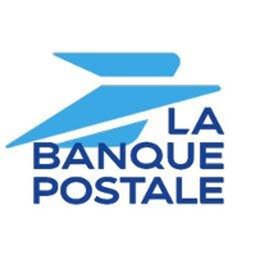
September 22, 2024
La Banque Postale
Juriste M&A confirmé– partenariats stratégiques F/H
Paris
View Details
September 22, 2024
Welcome at Work
Hôte d'accueil et évènementiel F/H - Temps partiel
Paris
OTHER
View DetailsSeptember 22, 2024
BABILOU PARIS BOURSAULT
Auxiliaire petite enfance H/F
Paris 17e
OTHER
View DetailsSeptember 22, 2024
Salonletoile
Prothésiste ongulaire H/F indépendant
Clichy-sous-Bois
OTHER
View DetailsSimilar Jobs

September 21, 2024
Constellium
Internship - R&D Engineer - Non-destructive evaluation of solutionizing quality of 6xxx alloys - H/F
Voreppe
OTHER
View Details![Mantu Finance Project Manager - internship [F/M/X]](/storage/logo/Mantu.jpeg)
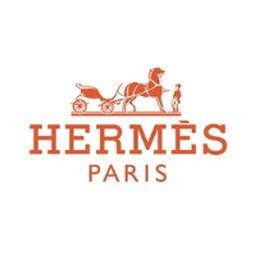
September 20, 2024
HERMES SELLIER
INTERNSHIP – ARTISTIC COORDINATOR ASSISTANT
Paris
OTHER
View Details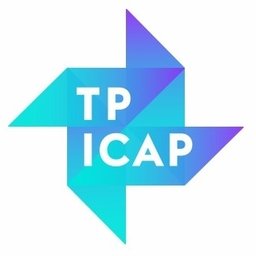
September 20, 2024
TP ICAP
Marketing Intern, 6 month Off-Cycle Internship 2024, Paris
Paris
OTHER
View Details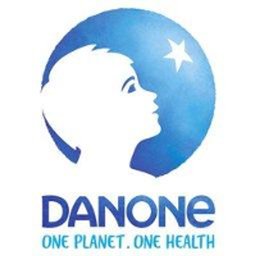
September 20, 2024
Danone
INTERNSHIP - HR Digitalization PMO & Engagement – January 2025 - (M/W)
Paris
OTHER
View Details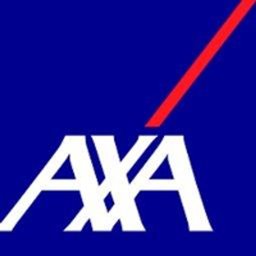
September 20, 2024
AXA
Internship - Talent Acquisition Specialist - January 2025
Puteaux
OTHER
View DetailsNew Jobs from This Company

September 21, 2024
Constellium
Internship - R&D Engineer - Non-destructive evaluation of solutionizing quality of 6xxx alloys - H/F
Voreppe
OTHER
View Details